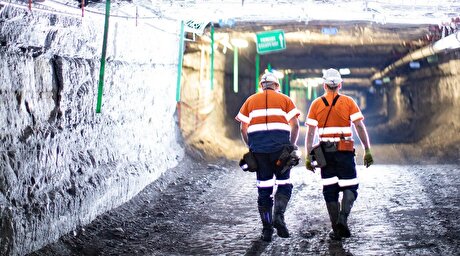
Foundries can save a lot by switching from an alcohol-based to a (zirconium-free) water-based coating
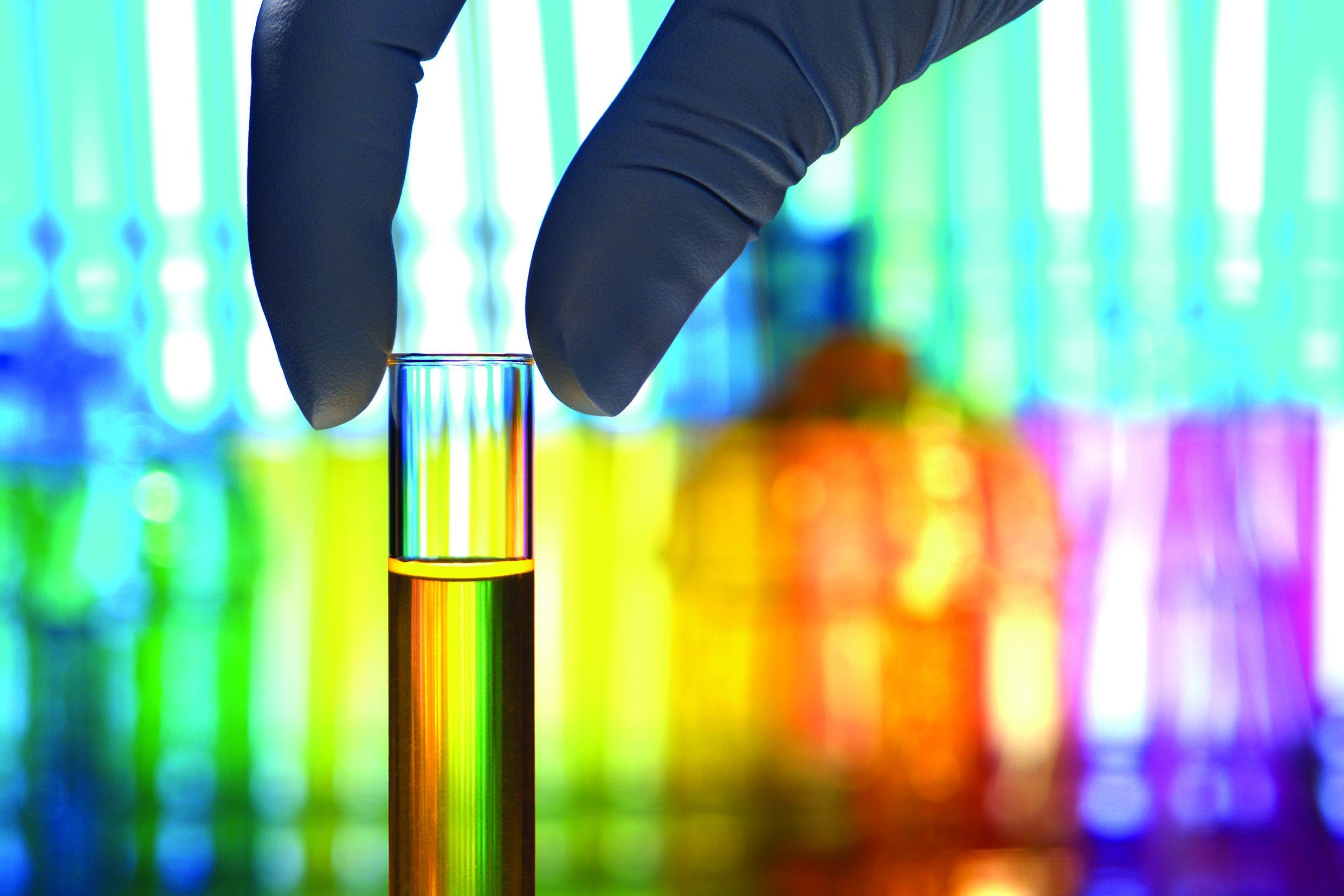
Up to 70% cost savings through coating change
In many foundries, especially in the areas of hand core making and hand molding shops, alcohol-based coatings are still used. Alcohol-based coatings generally offer the great advantage that the cores and molds dry faster or the solvent can be turned off, which means high productivity and a certain degree of shortterm flexibility. These advantages are offset by a number of disadvantages. Forced by the immensely strong demand for alcohols (IPA and ethanol) as a basic component for disinfectants and historically high raw material prices for some refractories (e.g. zirconium), costs and availability are major drivers for the switch to water-based coatings. While already before COVID-19 the savings potential when changing the “liquid carrier” from alcohol to water was around 39 %, savings of up to 70 % can now be realized, due to the immense price increase of the alcoholic solvents (assuming the refractory mixture is the same).
The change from alcohol-based coating to water-based coating offers further efficiency advantages in addition to the outlined savings potential in purchasing the coating, such as the elimination of pre-coatings, the reduction of storage costs for
dilution or savings for easier and simple processes due to the elimination of explosion protection measures. Finally, this leads to a reduction in VOC emissions from the coating itself and an improvement in workplace limits.
With the coatings SOLITEC HI 703 and SOLITEC HI 704 ASK Chemicals offers two fast-drying zirconium-free coatings for brushing, flooding and spraying of chemically bonded cores and molds. The high-solids coatings are more flexible in terms of thermal and physical expansion behavior than a zirconium coating. The graphite content leads to a separating effect between sand and casting. The novel binder component holds the water at the coating surface and prevents water migration into the sand, which promotes a rapid drying in the air.
Compared to the previous version SOLITEC HI 703, SOLITEC HI 704 offers a clear improvement: during dehydration a color change from dark grey to light grey takes place and thus facilitates the evaluation of the drying progress. The drying time of this version is further reduced compared to the previous version SOLITEC HI 703 and increases the productivity by approx. 14%.
For steel castings - savings potential in two ways
Zirconium-containing coatings are highly valued in steel casting, especially because of their good refractory properties. However, against the background of growing cost pressure and the long-standing rise in zirconium prices, it may be worth considering new solutions.
For example, the switch from a zirconium-containing VELVACOAT coating to a zirconium-free version can already lead to a cost reduction of approx. 15 %. The new zirconium-free coatings developed by ASK Chemicals are based on high-quality aluminum oxide and offer a comparable performance profile to conventional zircon coatings. Unlike zirconium, the refractory material aluminum oxide is not radioactive, which is why there is no need to label the coating accordingly.
In addition to the change from a zirconium-containing to a zircon-free alcohol-based coating, the change to a zircon-free water-based technology is particularly interesting for steel casters, since up to 61% of the coating costs can be saved.
Finally, in addition to the procurement savings potential already described, the advantages of the lower density of zirconium-free water-based coatings compared to zircon-containing coatings can lead to further savings. By evaluating coatings in EUR/kg, the lower density of zircon-free coatings leads to further direct cost savings for the caster at the same liter consumption.
The possibly greater range, i.e. the yield of the coating, due to a higher degree of dilution (with water) represents a further savings potential, which, however, can only be quantified after close examination of the specific application by our experts.
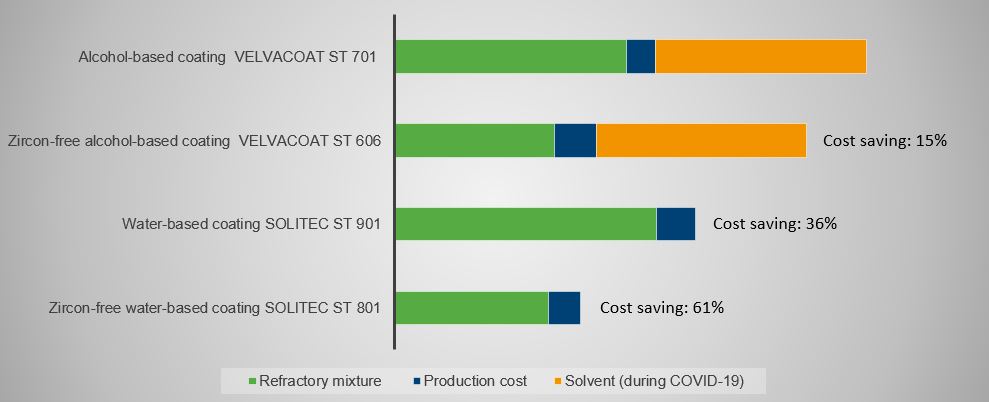
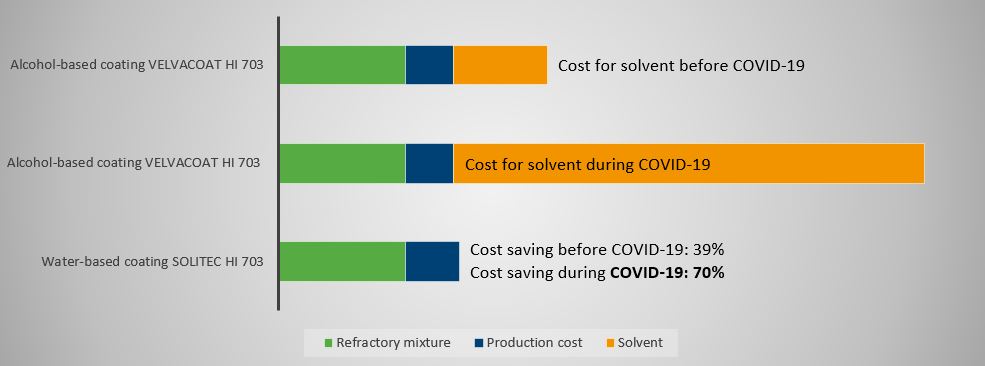
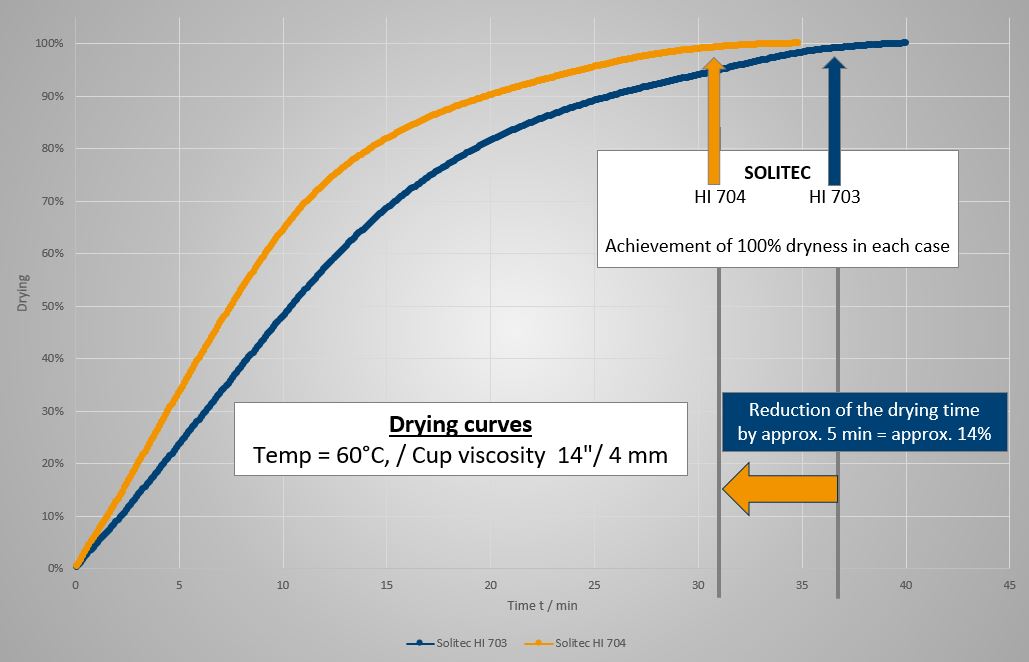


Eldorado to kick off $1B Skouries mine production in early 2026

Newmont nets $100M payment related Akyem mine sale

First Quantum scores $1B streaming deal with Royal Gold

Caterpillar sees US tariff hit of up to $1.5 billion this year
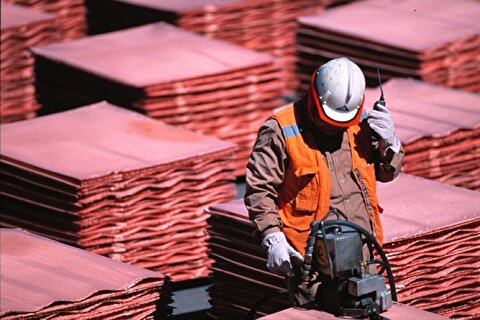
Copper price collapses by 20% as US excludes refined metal from tariffs

Gold price rebounds nearly 2% on US payrolls data

St Augustine PFS confirms ‘world-class’ potential of Kingking project with $4.2B value

B2Gold gets Mali nod to start underground mining at Fekola
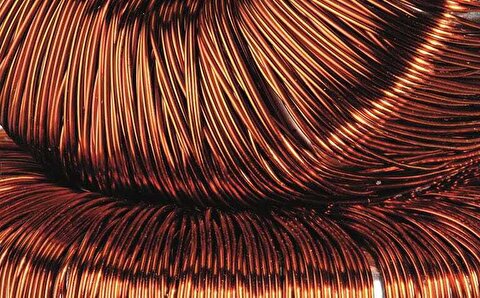
Copper price posts second weekly drop after Trump’s tariff surprise

NextSource soars on Mitsubishi Chemical offtake deal

Copper price slips as unwinding of tariff trade boosts LME stockpiles

SAIL Bhilai Steel relies on Danieli proprietary technology to expand plate mill portfolio to higher steel grades

Alba Discloses its Financial Results for the Second Quarter and H1 of 2025

Australia weighs price floor for critical minerals, boosting rare earth miners

Australia pledges $87M to rescue Trafigura’s Nyrstar smelters in critical minerals push

Fresnillo lifts gold forecast on strong first-half surge

Why did copper escape US tariffs when aluminum did not?
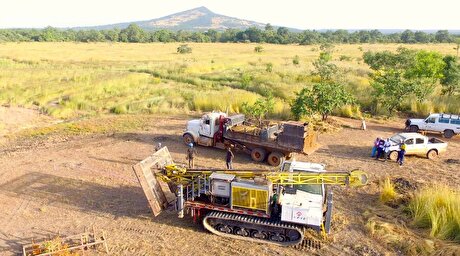
Fortuna rises on improved resource estimate for Senegal gold project

Caterpillar sees US tariff hit of up to $1.5 billion this year

NextSource soars on Mitsubishi Chemical offtake deal

Copper price slips as unwinding of tariff trade boosts LME stockpiles

SAIL Bhilai Steel relies on Danieli proprietary technology to expand plate mill portfolio to higher steel grades

Alba Discloses its Financial Results for the Second Quarter and H1 of 2025

Australia weighs price floor for critical minerals, boosting rare earth miners

Australia pledges $87M to rescue Trafigura’s Nyrstar smelters in critical minerals push

Fresnillo lifts gold forecast on strong first-half surge

Why did copper escape US tariffs when aluminum did not?

Fortuna rises on improved resource estimate for Senegal gold project














